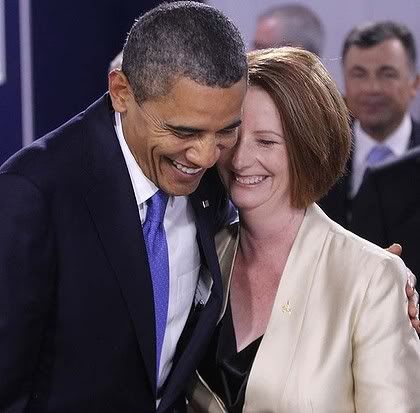Shit runs a lot deeper than that.Okay shaz, Quick economics question i though of while i just took a Morgan.
Very basic economics, humans have unlimited wants, but limited resources, this is the economic problem.
Governments of economies make decisions of which wants to satisfy and which to not. They do this with the reallocation of resources.
But i would say that the Australian economy is almost a completely free market economy, because the main way that governments reallocate resources is through a taxation system, and distribution of this income.
Governments can choose what collective needs and wants to satisfy, but i would argue they cant really influence our decision on what personal wants we satisfy. The can somewhat influence our decision, in multiple ways, by imposing/dropping tarrifs, by subsidising the production of goods, or implementing price floors and ceilings.
So would you say that it is technically impossible for governments to solve the economic problem, because the wants that are chosen to be satisfied are chosen by individuals?
This idea could be very flawed, because you know how good an idea seems while pumping out a dump.
Government can help consumer spending by investing in infrastructure for one, the more they do, the more jobs are created which means un-employment levels are down and consumer confidence up which means they are more inclined to spend their cash.
The economic crisis throughout Europe is Sovereign debt that is significantly larger than the country's GDP, if the country can't produce enough income into the economy to pay back its sovereign debt than there is a crisis.
Take a look at Greece, they accrued a sovereign debt of something like 162% of their GDP through poor government policies that were far too generous to the public in hand-outs, and they went too far in building infrastructure. It was probably pretty nice for the people of the country to have all this nice new stuff and new jobs created at the time etc, but the government had to pay all this.... and to do so borrowed large sums of money from German and French banks and also the issuing of Government bonds (investors can buy government debt which will be paid back by the government at the maturation of the bond with decent interest)
At the maturation of these bonds though the Greek government couldn't raise enough capital to pay these bonds out as their GDP was dwarfed by their debt... that is when they asked for help from the EU and the IMF to be bailed out of the crisis by borrowing more money, which as we know due to the riots come at a cost to the Greeks including large budget cuts by the Government and raised tax's all over the shop!
Unfortunately the first bailout didn't fix anything and they have gone back to ask for more, to which the response was to have the banks write-off a certain percentage of the debt as well as more conditions for the Greek public (You would hear of it referred to as Austerity), Now their prime-minister will hold a referendum to see if the public will approve of the new measures (to which Germany and France got the shits and have since cut all aid until the Austerity is agreed upon).
So in this case it is more Government spending than public spending that has caused the economic crisis, this is different in the US to some extend where public debt went through the roof and a lot of people could not afford to pay back their loans, subprime lending for instance, lending to people who were poorly suited to borrowing in the first place, offering an initial low interest rate after which the interest rate would skyrocket and people would default all over town! this was still only part of the issue though.






 This topic is locked
This topic is locked





















